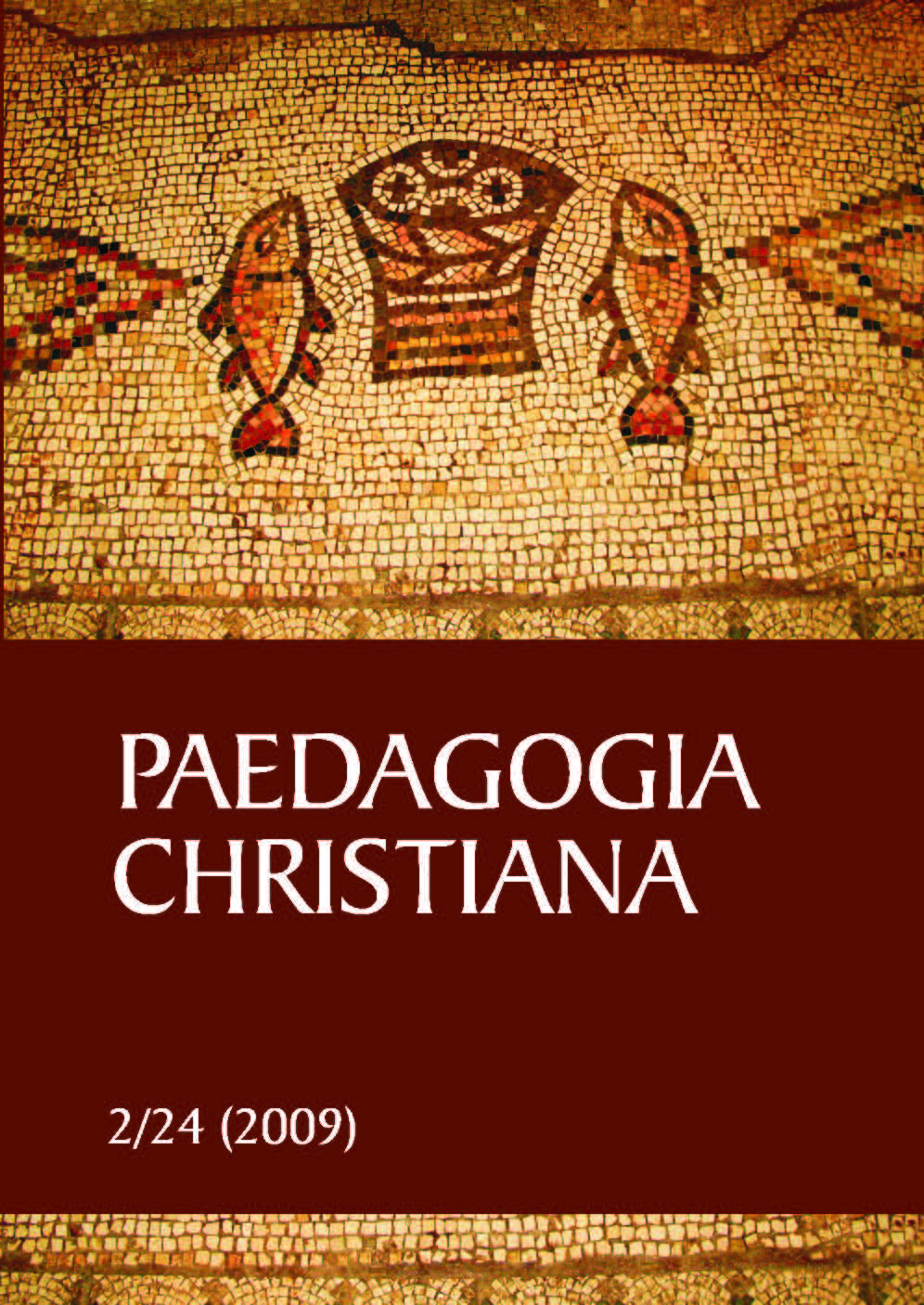Człowiek jako podmiot w ujęciu teologicznym
DOI:
https://doi.org/10.12775/PCh.2009.026Abstrakt
The Author shows the meaning of the Word of the Subject and is interesting on the religious and theological sense of this category. The paper goes out from the multiple meaning of the Word of the subject an concentrate the attention on the religious and teological meaning. Standing on the position of the theological anthropology, that will be resuming especially in the Pastoral Constitution of the Church in the contemporary World the Author built his opinion also on the basis of the elements of the theology of the creation, theology of the Imago Dei is showing the fundaments of the human dignity and the subjectivity of the man. The dignity and subjectivity of the man reveals also in the situation of the sin. The result of the original sin and each sin in general (the deeds sin) is the minor dignity and yield the disintegrated subjectivity, caused from disharmony of therelation between the Man and God, and between the Man and the others and the World of the nature. In Christ, God and Man the human dignity is saved and particularly exalted. The realization of this last is conditioned from the openness for the acting of the Power of the Holy Spirit in us, and from the spiritual Work and Collaboration with the God in prayer and in working, in realization of the Commandments of the Law of God and the Neighbors and on doing the Donation from his own self for the others.
Pobrania
Opublikowane
Jak cytować
Numer
Dział
Statystyki
Liczba wyświetleń i pobrań: 922
Liczba cytowań: 0



